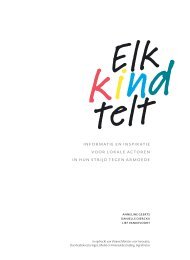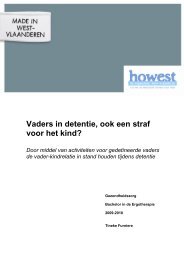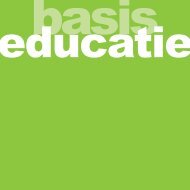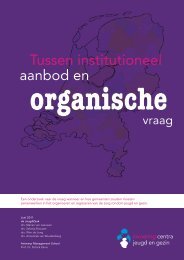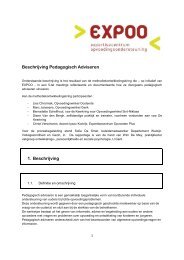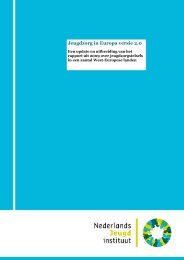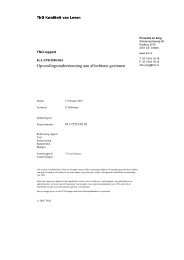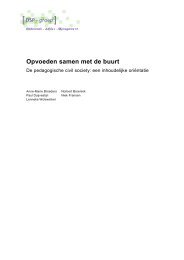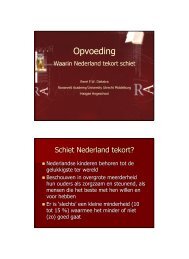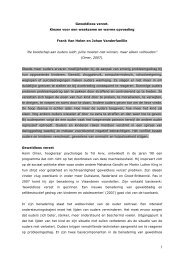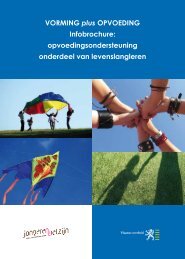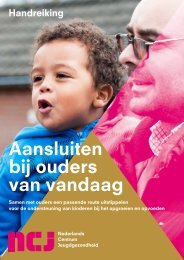Technique Is Not Enough (TINE) - British Psychological Society
Technique Is Not Enough (TINE) - British Psychological Society
Technique Is Not Enough (TINE) - British Psychological Society
- No tags were found...
You also want an ePaper? Increase the reach of your titles
YUMPU automatically turns print PDFs into web optimized ePapers that Google loves.
8. A framework for ensuring that evidence-basedparenting programmes are socially inclusivePrinciple 1. Programmes should promote their accessibility by:■■monitoring the retention and drop-out rates of all families, especially disadvantagedfamilies;publishing and vigorously pursuing their best practices for increasing the initialengagement and programme retention of socially marginalised families.Principle 2. Programmes should become culturally sensitive to the needs oftheir participants by:■■■■inviting parents to be equal partners with professionals to co-produce localprogrammes through assessing local needs, selecting a programme for theircommunity, culturally adapting it, planning, implementing, evaluating anmaintaining its quality over time;including implementation team members, staff and parents who are culturallyrepresentative of the parents who participate in their programme;culturally adapting the programme’s form and content to be congruent with localcultural mores and values and supporting the evolution of the programme in thelocal community;enabling programme ‘graduates’ (parent programme participants) to becomerecruiters, facilitators, teachers, trainers and evaluators of the programme as it evolves.Principle 3. Programmes should build social capital in their host communities by:■■using strategies that support the development of mutually trusting relationships andsupport between programme participants and between participants and friends,extended family and other sources of social capital in their local community tomaximise social support for parent participants to engage in positive parenting ratherthan relying on traditional services, wherever possible;empowering local practitioners and parents to become the leaders of ‘booster’sessions, ongoing training programmes, as well as becoming trainers for newreplications elsewhere and be involved in quality assurance to maintain programmeimpact in the community.66 Professional Practice Board



